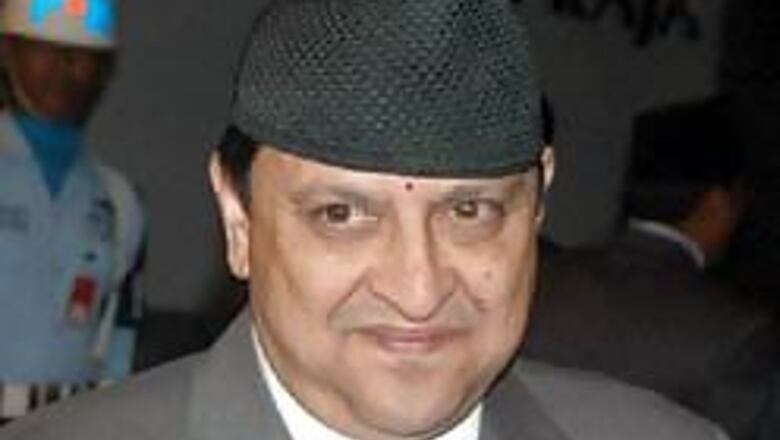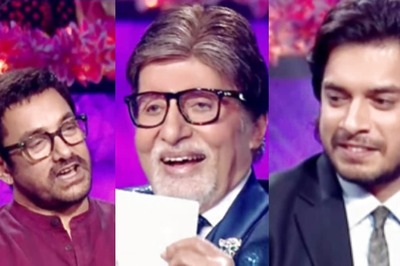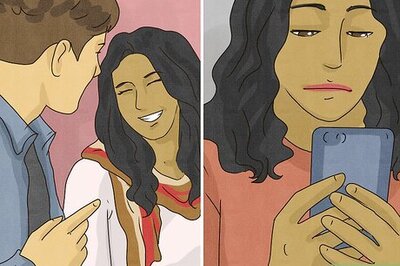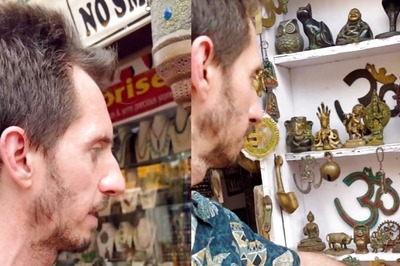
views
Kathmandu: An inquiry panel will question Nepal's king about his role in the killing of pro-democracy activists in April, an official said on Tuesday, an unprecedented move in a nation which once revered its monarch.
The panel has already grilled dozens of officials, including ministers in the royalist Cabinet headed by King Gyanendra, who was forced to step down after he failed to quell weeks of violent demonstrations in the Himalayan nation.
At least 22 people were killed and more than 5,000 wounded as troops shot and beat protesters who brought Nepal to a standstill for three weeks before the king handed power back to political parties and restored Parliament.
Many officials questioned so far had blamed the government of the day for the crackdown, said Harihar Birahi, a member of the panel appointed by the interim government in response to calls for action against those responsible for the violence.
"Therefore, if we don't question the king, who was the head of the government then, it will be against natural justice," Birahi said.
"If Saddam Hussein has been given a chance to clear his position, why should our king not get an opportunity," Birahi asked, referring to the deposed Iraqi leader.
The panel's decision to question the king is the latest in a series of moves that have blighted the monarchy in what was the world's only Hindu kingdom until May, when the multi-party government turned it into a secular nation.
Many Nepalis traditionally regarded the king as an incarnation of Lord Vishnu, one of Hinduism's trinity of gods.
But he became unpopular with the masses after he seized power and refused to relent until the protests turned violent.
Soon after Gyanendra stepped down, Parliament swiftly slashed the king's powers, including his control over the army.
Parliament and the courts were also allowed to question him.
"This is not an insult to him. It is an opportunity," Birahi said.
He said no decision had been taken on whether members of the panel would go to the palace or send written questions to the king asking him to explain his role.
The king retains some support in Nepal's rural communities but many people, especially the young and the urban population, feel bitter about his actions in recent years.
"I think the king should be questioned and punished if found guilty," said Mani Lama, a 23-year-old taxi driver. "There is nothing wrong in this."




















Comments
0 comment